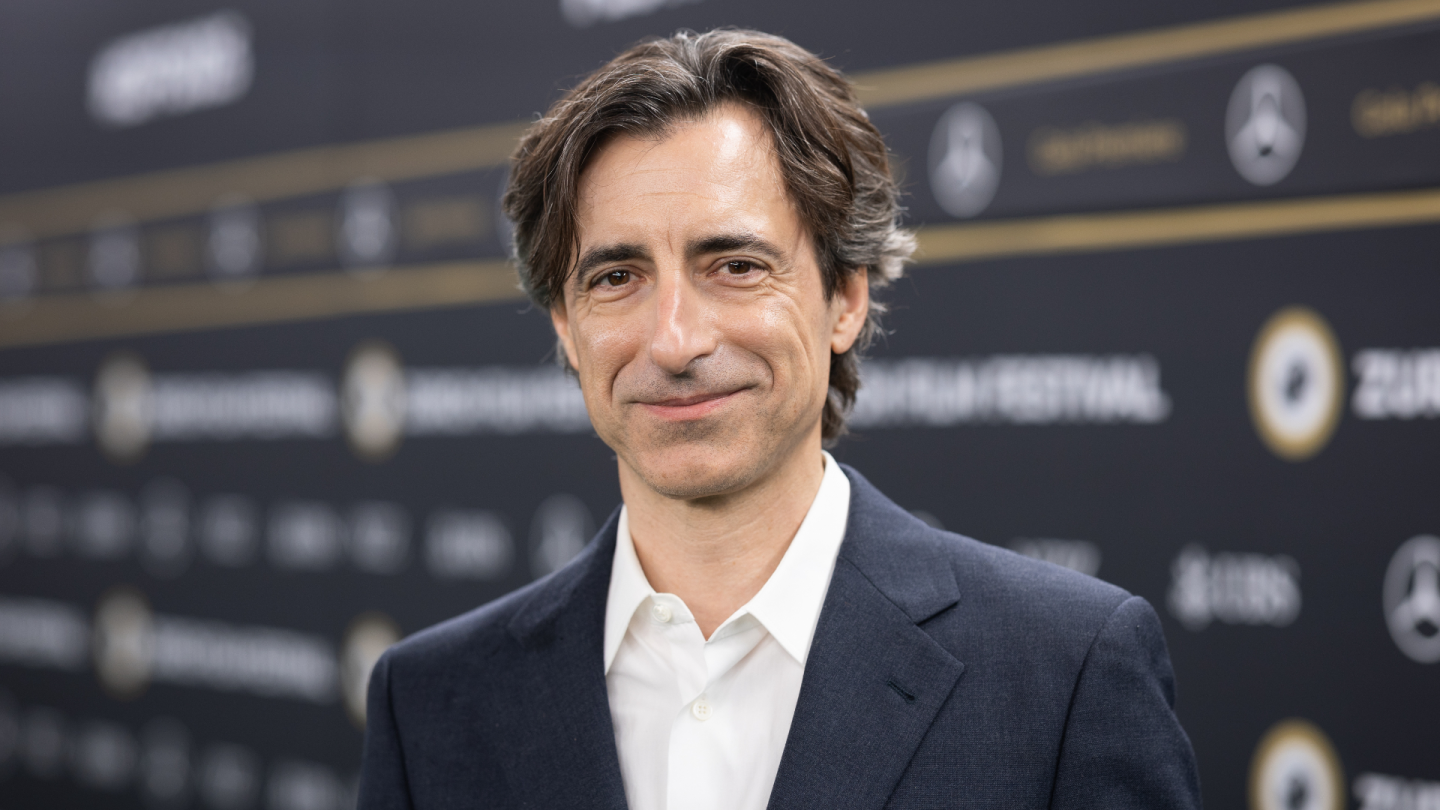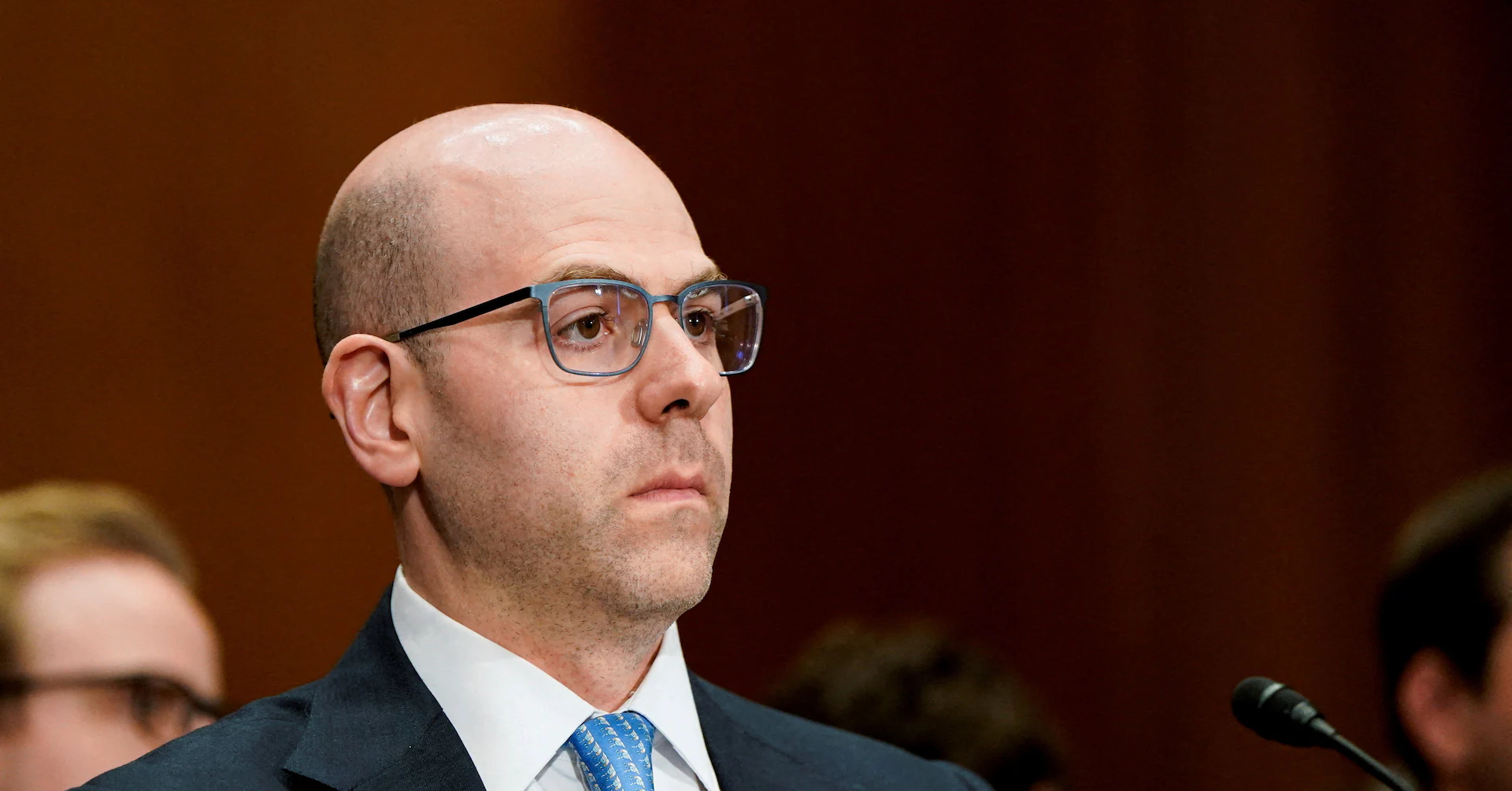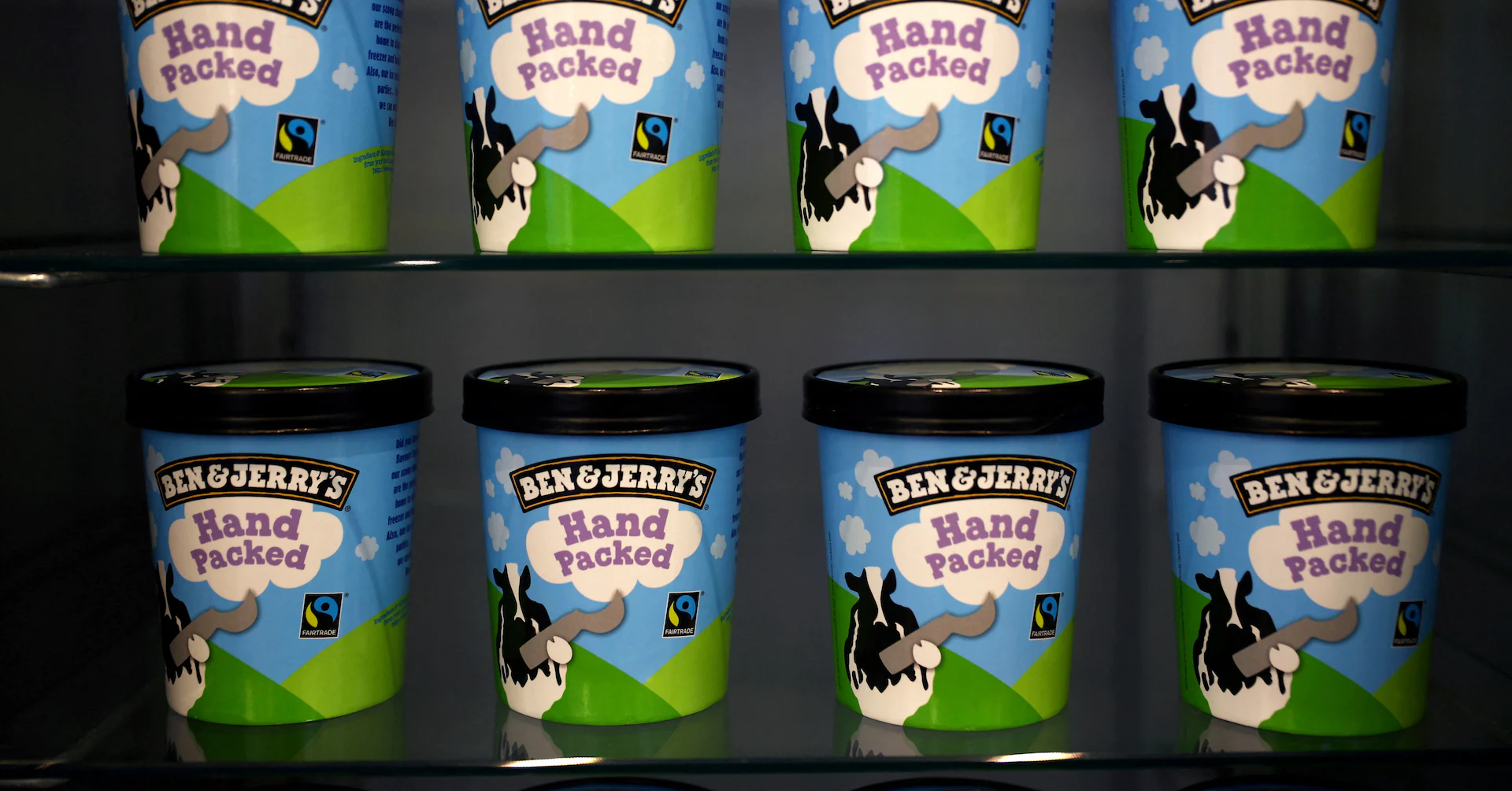
Few filmmakers have mined their own life as ruthlessly, or as artfully, as Noah Baumbach. The angst and anxiety he felt as a child watching his parents’ marriage collapse became the raw material for his 2005 breakout The Squid and the Whale. His own divorce from actress Jennifer Jason Leigh informed his Oscar-winning Marriage Story (2019), a searing look at love unraveling. Over nearly three decades, Baumbach has built a career chronicling families in crisis and artists at the crossroads, his films combining biting wit with an unflinching emotional honesty.
On the surface, his new film, Jay Kelly, looks vintage Baumbach. It’s the story of a movie star — George Clooney in a very meta role as the titular Kelly — confronting the contradictions of his own celebrity and questioning the choices he made, and the people he hurt, on his way to the top.
But the Netflix dramedy marks Baumbach’s most unabashedly Hollywood film to date. If it’s bittersweet, it unapologetically favors the sweet. Coming after his success as a co-writer on partner Greta Gerwig’s billion-dollar hit Barbie (2023), Jay Kelly appears to signal a new chapter for the Baumbach, one less defined by fracture and regret than by celebration.
In a wide-ranging conversation with The Hollywood Reporter at the Zurich Film Festival, where the 56-year-old Brooklynite was honored with a Tribute to… Award, honoring his lifetime contributions to cinema, Baumbach reflected on his rocky road to success, why his work is “personal, not autobiographical,” and how Barbie helped restore his love for moviemaking.
Both your parents were writers and film critics. Did you ever consider a career outside the arts?
Well, there was a time when I wanted to be a baseball player, but pretty early on, I had it in my mind that I’d like to make movies. But I didn’t, we didn’t, know anybody who made movies. We lived in Brooklyn. Now, Brooklyn is like Manhattan, but at the time, it was more like Sacramento. It was like living far away. Hollywood was something I’d never been to or had any idea of how to get to. I’d never seen a script.
My parents were writers and creatives, so I wrote a lot. I’d write plays and I’d shoot movies with early video cassettes, editing them on two VCRs, all that stuff. But the whole time I felt I really wanted this to happen, but I didn’t know how it could. It felt like another universe entirely.
So what was your actual entry point into the industry?
There were several things which became narratives in retrospect. When I was in college, I went to Vassar College in Poughkeepsie, New York, and one of my roommates was Jason Blum. We were very close and still are. Now Jason has Blumhouse and is this hugely successful producer and mogul. But at the time, it was just: “When we graduate, why don’t I write a movie and you produce it?”
After several stops and starts, we ended up getting the film made by a company called Trimark Pictures, which was a home video company. They had made the Leprechaun movies. I think they wanted to get into art house movies. Then they saw the movie I made for them, they were like: “Ah, no.”
Everything almost fell through. I had to write a part for Eric Stoltz, adding this character to the movie at the last minute, to get the money to get it made. That was my first movie, Kicking and Screaming (1995). I thought I’d been at it for ages, but I was just 25 years old.
Right after that you made two more films with Eric Stoltz: Highball and Mr. Jealousy (both 1997).
And then I kind of went into the weeds for a while. I made these movies in my 20s, but I had a lot of trouble getting my next movie made. It’s a story I tell a lot to people when they talk about struggling, because I really felt like my career was over before it started.
When Greta [Gerwig] and I wrote Frances Ha (2012), I was thinking a lot about that time. In the movie, she’s a dancer who is dancing, but it’s clear it’s not going to happen for her in a big way. So the question is: What’s the other way? I thought, well maybe that’s me. I sort of had my dream come true and then felt maybe it was not coming true. There were eight years between Mr. Jealousy and my next film.
But during that period, I wrote The Squid and the Whale, and I think the struggle allowed me to find my voice, to find the kind of filmmaker that I sort of was but didn’t know yet. I don’t know if that would have happened if, say, my second movie had been more successful.
The Squid and the Whale is obviously inspired by your experience of your parents’ divorce. But you’re quick to say your films are personal, but not autobiographical. Can you explain the difference?
I understand people looking at things like that, autobiographically. I probably do it too. If the story feels true for you watching it, you want it to be true for the person who made it. So it’s not that there’s anything wrong with it. And I use autobiographical elements all the time. Like I was just saying about Frances Ha. But if you watch Frances Ha, you don’t think, “Oh, that was my life in my 20s.” But it really was. It was Greta’s too, very much. When her character is asked: “What do you do?” and she says, “I don’t really do it yet.” And that’s how I felt in my 20s.
The Squid and the Whale was more taken from my life growing up because I shot it in Park Slope where I grew up, and I used a lot of elements from my life. But the movie is a story I made up that uses things I know or remember, or things that happened to friends of mine.
Mike Nichols had written me a letter when he saw The Squid and the Whale, and he said it reminded him of why he got into the film business, which is revenge. And I know what he means. It’s not revenge on a person. It’s not a bad revenge. It’s like taking things from your life that, at the time, you’re at their mercy, you have to go through these experiences, and later saying: ‘How can I make this something beautiful? How can I make this relatable for other people?’
For example, in The Squid and the Whale, the kid, Jesse Eisenberg’s character, pretends that he wrote this Pink Floyd song. That was a friend of mine who had done that. It wasn’t a Pink Floyd song, but something else. I felt like I totally could have done that in some other version of myself. So it works perfectly in this story. It was cinematic because he could perform it, it was music, and it worked. That’s a great example of something that I actually feel is as true about me as anything else I’ve put in my movies, except it didn’t happen to me.
Is that a form of comfort for you? When you go through difficult things in life, do you think, “I can turn this into a movie?”
Oh yeah. Like when you go through a divorce. [Baumbach’s divorce from actress Jennifer Jason Leigh was part of the real-life inspiration for Marriage Story]. Anything that happens, once you get over the sort of pain of it, or sometimes in the midst of the pain, you think: “Hopefully I can put this in something.”
The autobiographical, meta element can also be part of the enjoyment of your films. With Jay Kelly, part of the fun for audiences is pretending that we’re watching George Clooney play a real version of himself.
Well, I mean, it’s not about George Clooney. George Clooney is playing a movie star, and that was sort of built into the idea. At a certain point, when [co-writer] Emily Mortimer and I were writing it, we kind of knew it needed a movie star to play the movie star, because the audience needed to feel a history with the character they’re watching in the same way the people in the movie feel with the character. It wouldn’t feel the same way otherwise.
So that was fairly early on. It kind of just felt like the right thing to do. And George seemed like a great one, because there’s something timeless about him. He feels like he could be a movie star in any time period. In a way, the film is the story of a person who starts as a movie star and ends as a human being. Watching the movie, I thought it could be an experience of seeing our identification with movie stars turn back, so now he’s playing us.
If you didn’t have Clooney in mind when you wrote it, did you have a shortlist of other stars to play Jay Kelly?
No. George actually said that to me when I gave the script to him. He said: “You really wrote yourself into a corner, because there’s only about three people who can play this.” There’s nothing in the script that said that, but for reasons he understood, and reasons I didn’t, the story required an actor that the audience watching the movie would have to have a history with.
We see that history at the end of the film, when Jay Kelly gets a tribute reel of his life’s work, cut from Clooney’s actual career highlights.
It was always in the script that he’d be watching the reel when we film him. But we never discussed it. I went ahead and worked on the reel with Mark Woollen, who among other things is a wonderful trailer editor.
Then we sat George down and the take you see in the movie is essentially him seeing it for the first time. It was actually quite emotional. Usually emotional scenes in movies don’t feel emotional on set, but this really did. The theater gave him a standing ovation. It was really sweet. And then, of course, he had to watch it again, like, a hundred times. But that first one was special.
George’s joke is that he was never successful enough in any one genre to get pigeonholed. But that’s not really true. He’s really like an old-fashioned movie star in that he’s done everything: Comedy, romance, action, science fiction. He’s done smaller movies; he’s done bigger movies. Not many people have a reel that is that varied. What I liked about including the reel is that it isn’t just a celebration of George Clooney’s career or Jay Kelly’s career. It’s also a celebration of movies, of all the things movies do.
There’s a recurring joke in Jay Kelly with Clooney’s character always wanting “one more take.” Was that a personal joke on you, given your reputation for wanting dozens of takes on set?
George told me from the beginning: “I’m too old. I can’t do all the takes. Really, you don’t want more takes from me. I’ve got three in me.” And then he just did everything I asked.
But the bit in the film also plays into this broader theme of the movie, which is realizing at a certain point in your life that this is the one time, and these are the choices I made, and this is the way it’s going. Twenty years ago, I may have told myself, ‘I’ll get back to that,’ whatever it is. Twenty years later, you realize: ‘If not now, when?’ So I felt that line also resonated in terms of what we’re all going through.
Did any of the other actors, like Patrick Wilson playing the also-run version of Jay Kelly, the Hollywood star who doesn’t quite make the A league, feel the casting was too close for comfort?
Well, one thing the movie acknowledges is that you don’t become Jay Kelly by accident. You read a lot of profiles of people become stars, and often it sounds like they never really wanted it. But, and there’s no shame in this, you have to want it. I had to want it. Everyone does if you’re going to have success. Particularly for someone who becomes a movie star.
You have to do the things that Jay Kelly does in the movie. You have to take every opportunity that’s given to you. You’re not going to even succeed on most of those opportunities in the beginning, but you have to take everything. I wanted to dramatize that. Because I think, before I was in this business, I believed that people kind of just happened into super-stardom. Of course, luck has a lot to do with it too, but it’s whatever that combination is, that perseverance plus talent equals luck formula. Particularly when you’re starting out, you have to be kind of voracious.
There’s some darkness in Jay Kelly, but the film feels incredibly joyous. It really stands out in your filmography as probably the most purely entertaining, most “Hollywood” movie you’ve ever done. Was it influenced by your experience in making Barbie, another big, joyous Hollywood film?
I’m just going where I’m going. I have always loved the movies of people like Mike Nichols or Sydney Pollack, who worked in a broader way but did things that were really human and relatable and smart, and, certainly at their best, there was nothing lost in whatever their “Hollywoodness” was.
I think the subject matter and the story dictated how it should be told. It’s about a movie star and it’s a celebration of movies, too. So I wanted to celebrate movies in the making of it as well. We did a lot practically. In terms of the memories, the flashbacks, everything is done with connected sets, there’s no CGI or anything. It felt like real Hollywood moviemaking, which I think influenced the tone as well.
I think every movie influences the next, and sometimes not in the most direct way. One thing on Barbie: I made White Noise after Marriage Story. I had a really difficult time making that movie, for several reasons, a big part of it because we made it during COVID. I finished that movie feeling … here I’m doing the job I always wanted to do, and maybe I’m not loving it anymore. I really did have that feeling that maybe I have to take a break; maybe I shouldn’t keep making movies.
Greta and I just finished the tour for Marriage Story and Little Women and Greta said she signed us up to do Barbie. I had the feeling “I don’t think this is a good idea.” But whatever Greta says; I’ll do it. And I just loved writing it with her. We wrote it with such freedom. We were like who knows if we’re anyone’s going to make this? Who knows if there are even going to be movies in the future? So let’s go nuts. That we then got to make it was kind of miraculous. We really stayed true to that anarchy that we had in the script, which is what I think audiences responded to.
Is Barbie 2 a discussion you’re having? Would you and Greta be up for a sequel?
I would totally be open to it. I think we both would be, if we had the right thing. We wouldn’t do another just to do one, to be dutiful. But we’re be open to it if we felt, like the first, that it could be great.
It was a really fun movie to make and to be around. Greta was the one leading it and she was leading with joy. I watched her and it reminded me of how I felt when I first came into this job. This movie [Jay Kelly] is in part about loving what you do, about accepting and celebrating the life you have and the job you have. All of that went into the tone.
Fortunately, I also just had a great time making the movie. There was no drag on it; it was just fun. We traveled; we shot on soundstages, which is fun, going to the same place every day, structured, inside, and then we went to Tuscany and had that experience on amazing locations. It was a great pleasure. It really did — it restored my enthusiasm and love for movies.



